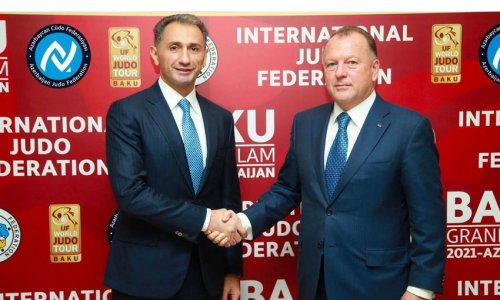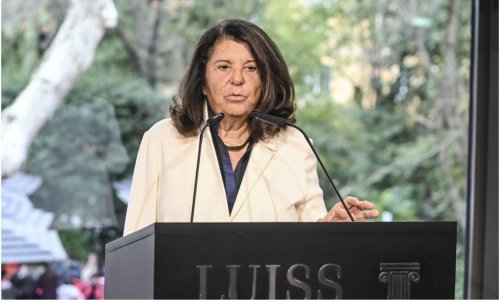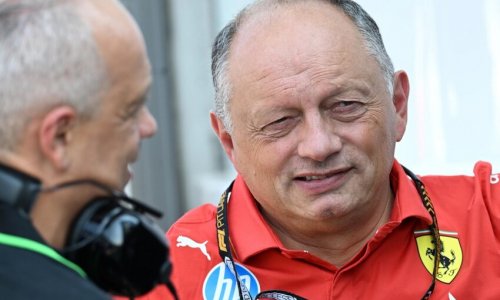Sepp Blatter's shock resignation as Fifa president has rocked world football. What are the key questions that his departure presents?
Why did he go now?
The Fifa president has survived repeated accusations of corruption against his organisation. Sepp the survivor would be a fitting moniker. So for him to go, days after winning an election with a heavy majority, there must be something significant happening behind the scenes.
The rising pressure from the US investigation into corruption looks the most likely source. Just hours after his resignation, reports emerged in US media that the FBI had begun investigating him directly.
Speaking on stage, the 79-year-old looked diminished, a far cry from his usual bombastic self. Is it possible he knew something the rest of the world didn't?
As he resigned Mr Blatter suggested he wanted to reform the sport before he handed over the reins to his successor. Perhaps this was a plan to exit gracefully and secure his legacy, marketing himself as the man who saved Fifa.
What next for Fifa?
Fifa's head of audit and compliance, Domenico Scala, has promised large-scale reform and said that "nothing is off the table".
However, as always with Fifa it is a case of believe it when you see it. All the reforms will have to be voted through by Fifa members, who have previously voted them down. But with two ongoing criminal investigations and pressure from sponsors, perhaps this will focus minds.
One of the key reforms Mr Scala has proposed is term limits for Fifa's president. Remarkably, despite serving 17 years in charge, Mr Blatter is actually only the third-longest serving president. Mr Scala has also said that he will reveal the salary of the president, something that has previously been hidden.
Mr Scala also wishes for Fifa to take over integrity checks on those who represent the different regional football federations.
Under the current rules, the federations perform checks on their representatives, meaning that they are essentially checking on themselves.
Russia and Qatar World Cups
Both have been mired in controversy surrounding their bidding process. One key question for the new Fifa president is whether he will release US attorney Michael Garcia's report into the bidding process for both tournaments. Mr Garcia was commissioned by Fifa to carry out the investigation but resigned after Fifa refused to release his full report, preferring instead to release a summary that Mr Garcia described as inaccurate.
Analysts suggest that it is still a relatively safe bet that Russia will keep its World Cup. More than anything, time is on its side as in less than two months the draw for the qualifying rounds takes place. Three years is not a long time to prepare for a World Cup and the cost is extortionate - the 2014 World Cup cost $4bn. Only a few countries in the world have sufficient stadia already built, Germany and Britain amongst them, and even they would need significant refurbishment.
Qatar looks very vulnerable. FA Chairman Greg Dyke has already said "if I was in Qatar I wouldn't be very confident".
However, ever since the outcry of its award began the Qataris have been bullish - any attempt to take the World Cup from them would fought with every resource at their disposal, including legal options. It would take proof of widespread corruption for it to be removed, although with the Swiss police currently investigating the bid this is clearly not off the table.
Who's next?
This question will define the organisation. Although in the heat of the moment a reforming candidate appears the logical answer, it is unlikely to be as clear cut as that.
A large majority of nations voted for Mr Blatter, many of whom have done very well out of his presidency - will they vote for a candidate cut from a similar cloth?
However, without Mr Blatter in the field this is going to be an unprecedented election. His presence and certainty of victory has put off candidates from running in the past so this could reopen the field.
Uefa President Michel Platini is seen as a frontrunner but will need to find a way to galvanise support outside Europe. He was widely seen as Mr Blatter's successor until a falling out a few years ago, after which Mr Platini became a vocal critic of the president. Mr Platini was a key supporter of the Qatar World Cup, the award of which appears to have sparked the process that led to the downfall of Mr Blatter. Mr Platini must hope he is not dragged into any of the fallout from investigations into its award.
The man who came second to Mr Blatter in Friday's elections, Prince Ali of Jordan, is already being touted as a possible candidate.
One person it definitely won't be is Jeffrey Webb. He was being groomed as Mr Blatter's successor but instead is inside a Swiss prison cell following his indictment by the Americans.
Was this a good scandal?
Fifa was clearly in need of reform, it cannot be healthy that organisation that runs world football is despised by so many fans. So, anything that can help restore faith in it can only be a good thing.
However, one plus to take away from this is that despite widespread corruption allegations that crossed continents, there seems to be no sign that the actual integrity of the sport is in doubt.
As cycling and athletics doping scandals have shown, as soon as fans stop believing in what they see the sport is in serious trouble. At least in football, fans can believe that what is happening on the pitch is not corrupted.
(BBC)
www.ann.az
Follow us !











